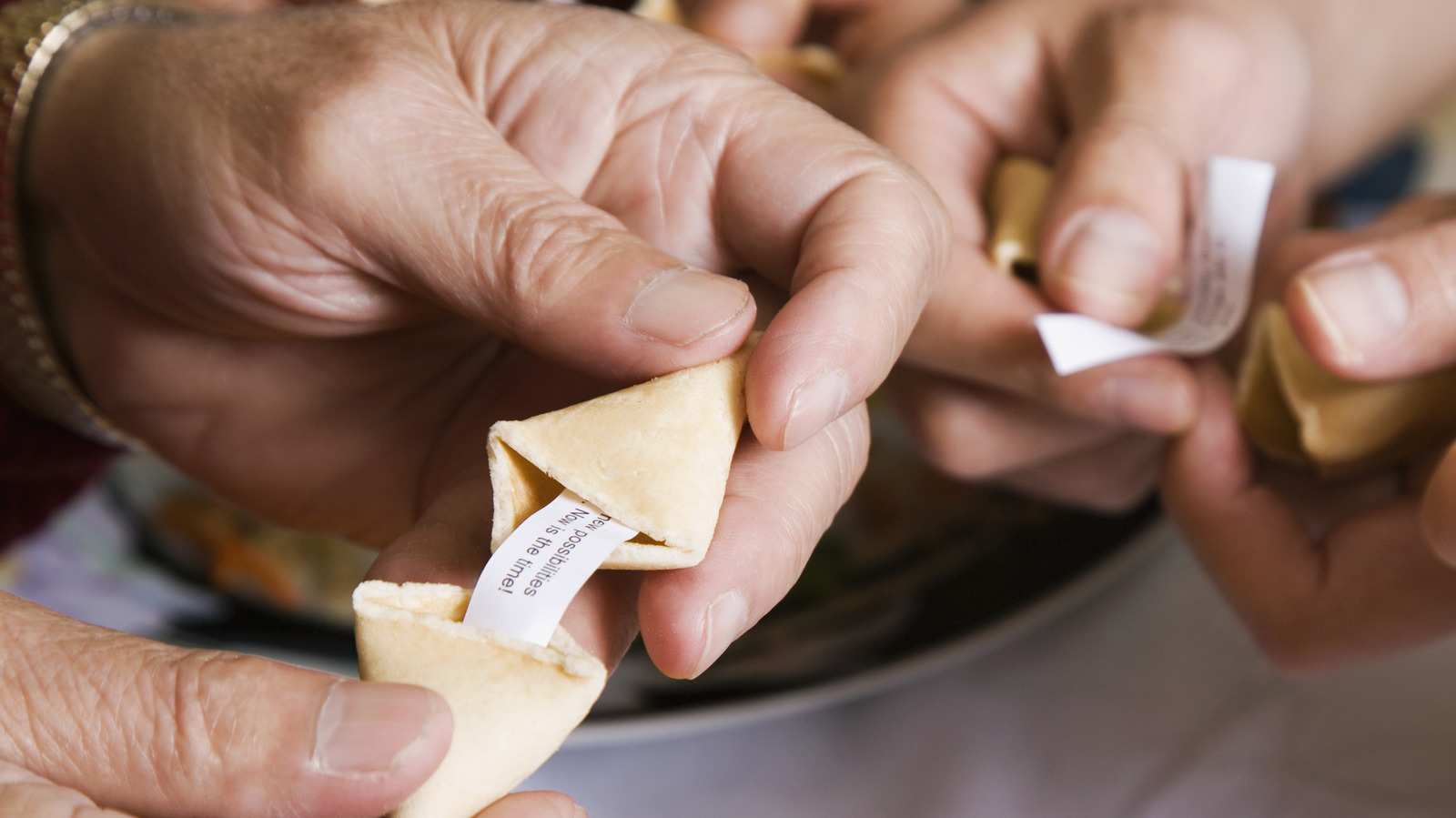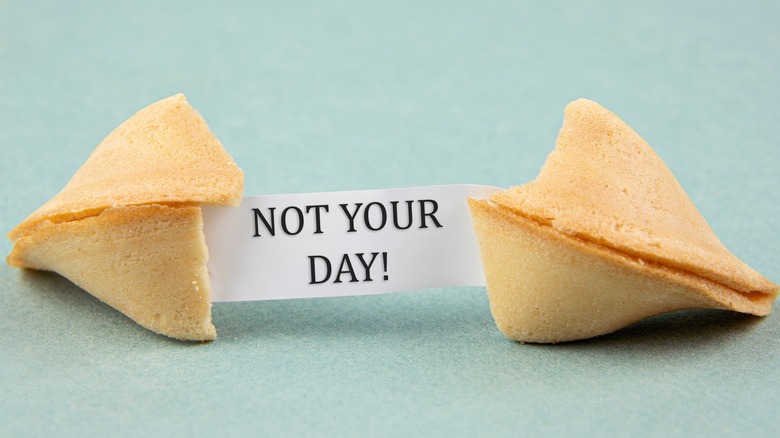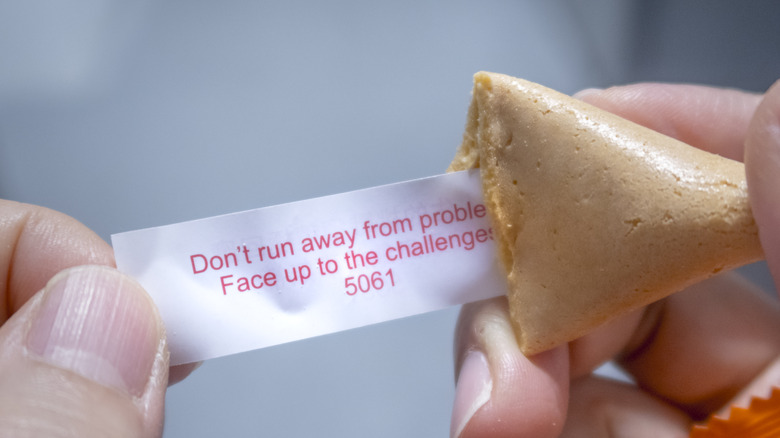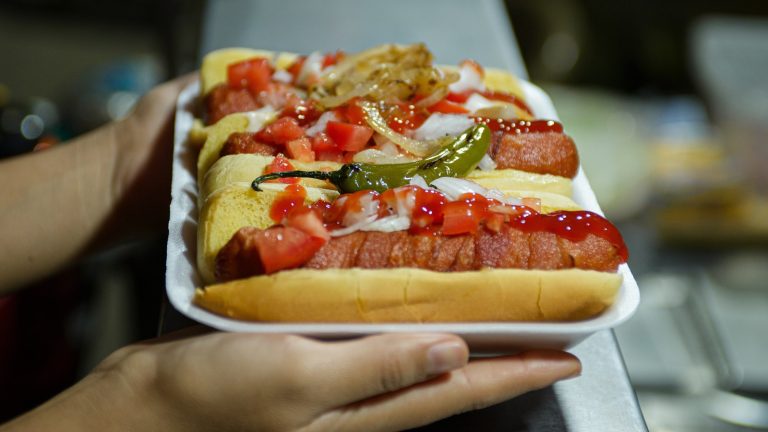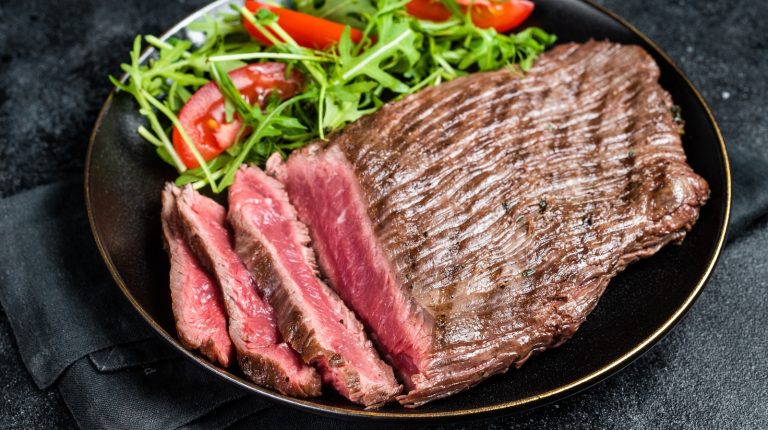The corporate position of Chief Fortune Writer might seem like a flimsy, C-suite job, like Chief Happiness Officer, with a title that promises more than the position delivers. But writing the pithy prognostications that appear in fortune cookies is more contentious than you’d expect. A look behind the scenes cracks open a history of stolen fortunes, gloomy writings, a suspected cheating scandal, and some unappreciated words of wisdom. And that’s not even including the controversy surrounding the history of the cookies themselves.
Although there are several different versions of fortune cookies’ origin story, the one thing most historians agree on is that they were not invented in China, or even by Chinese immigrants living in the United States. Like General Tso’s Chicken, fortune cookies are an international food that was actually invented in the U.S. They were likely introduced to by a Japanese immigrant in the early twentieth century who modeled the treats after those sold by bakeries in Kyoto. When Japanese immigrants and Japanese-Americans were placed in internment camps by the United States during World War II, their misfortune became Chinese immigrants’ fortune when the latter took over abandoned restaurants. They continued serving the cookies, which eventually became inextricably linked with Chinese restaurants and take-out all over the country.
Some fortunes go unappreciated
The fascination with the people who actually pen the prophecies escalated at the end of the last decade when James Wong began to take over the reins from Donald Lau as part-time Chief Fortune Writer at Wonton Foods, Inc., the world’s largest producer of fortune cookies. Lau, who also worked for the Brooklyn-based company as its chief financial officer, said he was originally chosen to write the fortunes in the ’80s because he had a better command of English than his colleagues.
Wong, whose additional roles are in purchasing and information technology, acknowledged that the company has received a little heat over the years from diners who were unhappy with their predictions. Fortunes have to have wide appeal, cannot be deemed offensive, and must be upbeat and positive. Despite following those rules, Wong received a complaint from a couple whose already-troubled marriage took a turn for the worse when the husband, about to travel for work, opened his cookie to a promise of romance on his next trip.
Lau’s original writings sounded more like horoscopes, but he eventually began adding philosophy and humor, resulting in a few deemed unsuitable for, er, public consumption. Some got a little political, like the ones that said, “Don’t run for president. You’re not a good liar,” and, “You will soon become such a VIP that NSA will soon be listening to your phone calls.”
Cookies almost crumble lottery winnings
The company also got caught up in some controversy over the second place winnings for the Powerball lottery after ten people claimed to have chosen the winning numbers. All of the claimants, it turned out, had pulled their numbers from a fortune cookie … produced by Wong Foods. Every one of them ultimately received their checks.
Another apparently prolific prognosticator was Steven Yang, an engineer from Shanghai, who produced fortunes from his shop, Yang’s Fortunes, in San Francisco. Yang’s predictions, it turns out, were purloined from Yong Lee, a Korean-born engineer who created an automated fortune cookie maker he sold to shops across the country along with the fortunes. When Yang started to get complaints about Lee’s writing style, he hired Russell Rowland to ghostwrite the tiny slips of paper, but Rowland’s philosophical approach proved to be a little dour, causing the Los Angeles Times to investigate why the fortunes had become so grim.
Perhaps fortune cookies wouldn’t have gotten so controversial if Jimmy Kimmel and his sidekick Guillermo had been hired by Wong Foods after the two visited a few years back. While Wong’s vetting committee vetoed most of the late-night stars’ suggestions, Guillermo’s prediction –- “You are about to eat a cookie” –- seems to be spot on.

